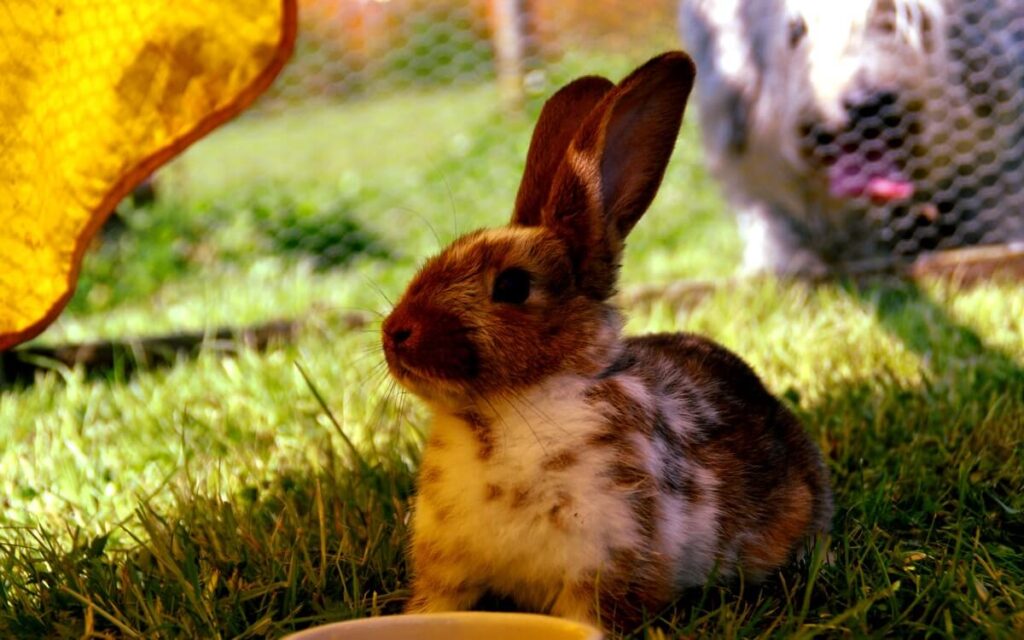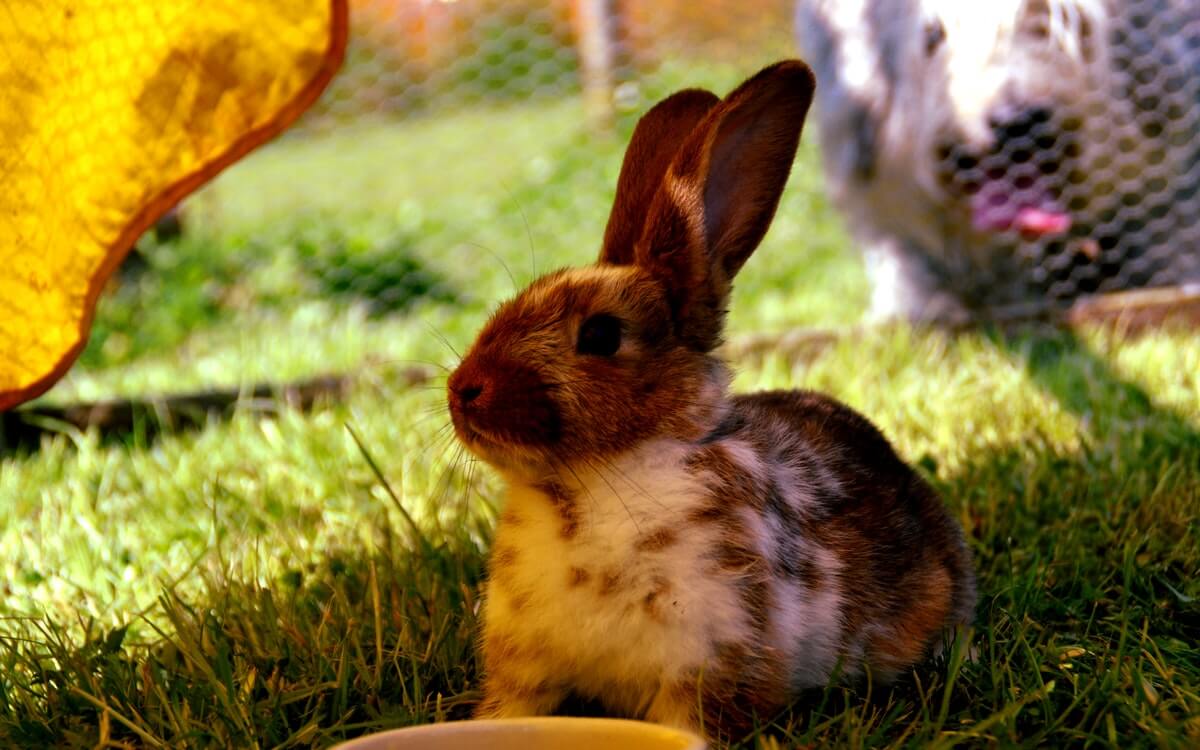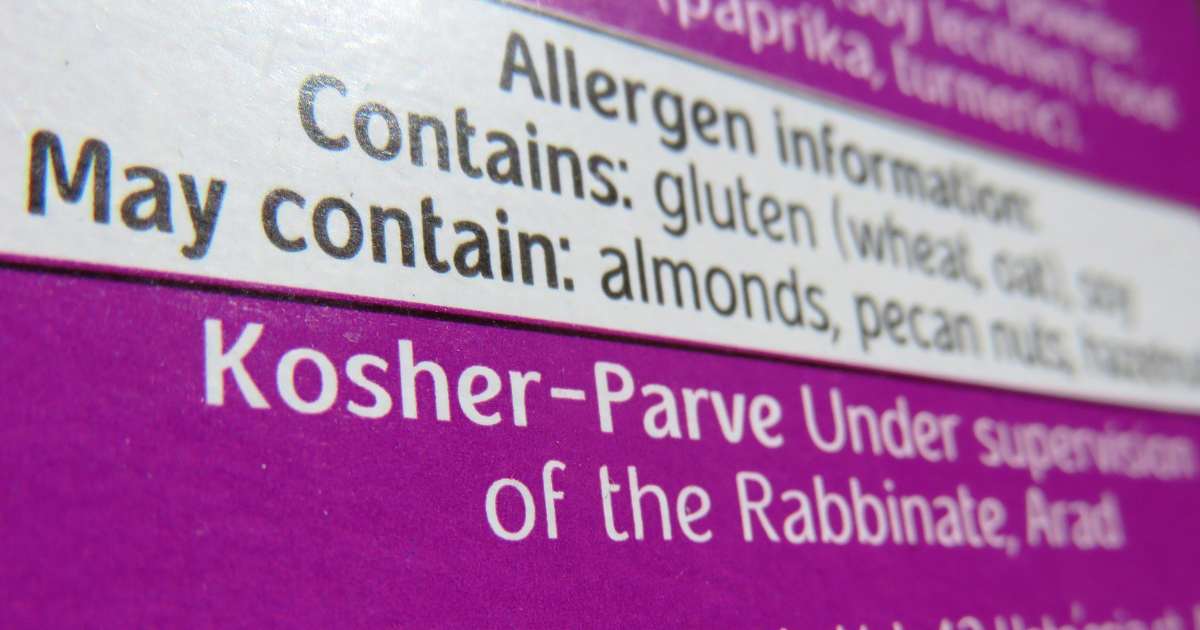
This article was originally published on 6 Jan. 2020. Due to its popularity, it is updated on 18 Oct. 2021.
Small scale farmers are encouraged to start considering less conventional niches like rabbit farming, which is fast becoming a growing industry. This is because of the relatively low set-up costs of a small commercial rabbit production and rabbits grow and multiply very quickly.
Pertunia Setumo, agricultural economist at FNB Business, says not only does rabbit farming have lower costs of entry, it is less demanding, easy to maintain, requires less land and resources.
Farming with rabbits is becoming popular because the production requirements are extremely cost-effective, easy to produce at small scale, therefore, this enterprise is ideal for backyard production, food security and income generation.
What is rabbit farming?
Rabbit farming in South Africa involves the breeding of rabbits for the meat industry as well as for the use of fur and wool.
Rabbit meat is considered to have the lowest calorie meat per serving and a high protein concentration. South Africans are more familiar with beef, lamb, chicken, fish, and pork, making rabbit meat still relatively unpopular in South Africa.
China is by far the biggest producer. Other countries where rabbit meat is popular are France, Italy and Spain.
Local rabbit farmers supply the local niche market as well as informal markets. Niche markets include individual restaurants, butcheries and private individual customers. Coniglio Rabbit Meat Farm, which is based in the Western Cape is the largest and the only meat rabbit producer with access to international export markets.
[UPDATE]
The Business Day reports that the Coniglio abattoir at Carletonville on the West Rand had supported 110 small-scale rabbit farmers when it was liquidated in October 2019, owing those farmers more than R 16 million. About 80 producers signed up as members of the Commercial Rabbit Producers Association (Corpa) in September 2019. As a result, 244 direct jobs were saved.
Industry Overview
Domestically, consumption of rabbit meat is currently below 20%, compared to over 80% for the export market, says Setumo.
“Locally, the retail market is still immature owing it to a lack of knowledge in terms of nutritional benefits and accessibility. The meat is available in gourmet restaurants, wildlife butcheries, informal markets and some selected retailers.”
Start-up Costs
Setumo says it takes rabbits about 90 days to reach a production weight of 3,5 kg. Furthermore, the gestation period for does (female rabbits) is 31 days before giving birth – producing an estimated one to 10 kits.
“For a small-scale unit of 150 does and 30 bucks, a start-up investment is estimated at R 35 000. This would cover setup costs such as breeding stock, feed, labour and other variable and fixed inputs, for the first month. This excludes structures (which require capital investment depending on the size of the operation) and adhoc fixed costs,” adds Setumo.
A kit will require about 50 g of feed per day, with a 40 kg pallet going for R 243/kg. An estimation of 9,2kg is required for the life cycle of the rabbit (51 days to reach a marketable weight of 2,2 kg). The price per head is estimated at R 55.
According to John Falck, CEO of Coniglio Rabbit Meat Farm in an interview with Farmer’s Weekly, a start-up rabbit farmer can begin making a profit within six to eight months.
“After this, a weekly or monthly income can be expected depending on the frequency of delivery,” he adds.
The rabbits are slaughtered at between 2,1 kg and 2,3 kg live weight, and the current price per carcass is R 45/kg, which amounts to an average of R 55/rabbit.
The Coniglio website outlines that rabbits can be fed on primarily produced feed stuff and commercial pellets and farmed on the most unsuitable agricultural land with much less water than any other farmed animal.
Requirements
For an idea of what is required to set up a rabbit farm, below is a list of key requirements to start as a Coniglio contract farmer.
- Agriculturally-zoned land.
- A building or structure to house your animals.
- Infrastructure (security, water and electricity).
- Rabbit farming/ breeding equipment.
- Breeding stock (production does and commercial bucks).
- Farming Contract.
- A person to take care of the farming operations (farmer).
- One labourer for every hundred production animals.
- Transport to deliver your livestock to the abattoir or pickup point.
- Commercial pelleted feed for rabbits and/ or primary produced feed.
Laws and Regulations
All farming activity has to be in line with the Department of Agriculture, Forestry and Fisheries (DAFF). DAFF also has to certify all products for export.
The Department of Agriculture, Forestry and Fisheries does have information on keeping rabbits which outlines the following: housing, feeding, selecting breeding stock, breeding, birth and weaning.
Funding
Masisizane Fund – Masisizane Fund is an Old Mutual non-profit company (NPC) initiative. It provides development funding and business support to SMEs in the high-performing sectors of agribusiness, franchise, and supply chain/manufacturing.
Export Marketing and Investment Assistance (EMIA) – the Export Marketing and Investment Assistance (EMIA) scheme is a government-sponsored grant that assists local companies to increase their competitiveness abroad by supporting patent registrations, quality marks and product marks. It develops export markets for South African products and services and recruits new foreign direct investment into the country.
Co-operative Incentive Scheme (CIS) – the Co-operative Incentive Scheme (CIS) offers a maximum grant of R 350 000. It aims to promote cooperatives through the provision of a matching grant, assist co-operatives to acquire their startup requirements and build an initial asset base for emerging co-operatives to enable them to leverage other support.
The Agro-Processing Support Scheme (APSS) – aims to stimulate investment by the South African agro-processing / beneficiation (agri-business) enterprises. The investment should demonstrate that it will achieve some of the following:
Increased capacity, employment creation, modernised machinery and equipment, competitiveness and productivity improvement and broadening participation.
AgriBEE FUND – The AgriBEE Fund was established by the Department of Agriculture, Forestry and Fisheries along with its strategic partner Land Bank. It draws back from the AgriBEE Charter for its scope and thus the entire agricultural value chain. Its main aims are to promote the entry and participation of black people in the entire agricultural value chain through the provision of funding for equity deals, acquisition of interests in agricultural entities and enterprise development (SMMEs).
NYDA – The grant programme is designed to provide the youth (young entrepreneurs) with an opportunity to have access to financial and non-financial business development support, for youth to grow their businesses. This programme focuses on youth entrepreneurs who just started and are not fully developed but show potential in the future. The NYDA also provides non-financial support to those applicants whose business ideas qualify for the grant programme.
Peulwana Agricultural Financial Services – Peulwana is a financial institution which was founded in 2009 with an aim to support small and medium-scale farmers and agro-processors in South Africa with input finance and market linkages to mainstream markets. The main focus of the institution is on small scale farmers who are situated in rural areas and also peri-urban areas.
Industry challenges
Falck says a major problem for rabbit farmers who want to do it alone is finding an abattoir willing to slaughter rabbits, particularly in small numbers.
The Cape Agency for Sustainable Integrated Development in Rural Areas website outlines the following challenges faced by rabbit farmers – “No or few off-takers for the rabbit meat, which ultimately implies that negotiating and price setting power lies with the off-taker; few suppliers of cages and the prices charged for cages would be regarded as expensive for start up farming operation; no commercial suppliers of feed, or feed is difficult to find and hence some rabbit farmers have resorted to using horse pellets as a horse and a rabbit have similar digestive systems.”
Case Study
Atisa Basadi Agribusiness Holdings (Pty) Ltd (Atisa) is a 100% female-owned company focused on exploiting growing opportunities in the rabbit meat industry.
The operation is run on a rented farm in Senekal, Thabo Mofutsanyana district of the Free State province. Dimakatso Sekhoto, co-founder of Atisa Basadi, entered into a ten-year off-take agreement with Coniglio Rabbit Meat Farm (Pty) Ltd (Coniglio) based in Cape Town who are rabbit meat exporters. The terms of the contract are that Atisa will grow rabbits for the sole supply to Coniglio.
The company is a beneficiary of Old Mutual’s Masisizane Fund. The Masisizane Fund approved a grant amounting to R 2,5 million that was used for infrastructural development, buying the first breeding stock as well as working capital.
Sekhoto, who is also the founder of GrowthShoot which promotes youth employment in agriculture, is the managing director of Makolobane Farmers Enterprises, as well as a member of the African Farmers’ Association of South Africa.
“The ultimate goal is to increase the supply of rabbit in the region, significantly enough in order to establish a rabbit meat processing plant,” it says on the Growthshoot website.
“GrowthShoot will do this by collaborating with youth farmers, who will be facilitated to establish their own rabbit production facilities. Growthshoot will act as the aggregator of the collaboration as it will coordinate the purchase of all inputs, organise logistics and provide ongoing support to the youth farmers.”
The business has by now created nine new permanent jobs while in the start-up phase and is expected to create seasonal employment from time to time once in full operation.
Industry support
- Department of Agriculture, Forestry and Fisheries – Find information on funding opportunities, laws and regulations and how-to information.
- Cape Agency for Sustainable Integrated Development in Rural Areas – Find information on rabbit farming in the Western Cape.
- Join a Rabbit Club – Chapters are available countrywide.
[UPDATE]
- MPBizRabbits Model Pty Ltd assists rabbit farmers in setting up rabbitries and developing breeders to a commercial level. According to their website, their concept is a buy-back model, they buy all the rabbit products at an agreed price per kg from their breeders. They also offer online courses such as ‘Introduction to Rabbit Farming’ and ‘Assistance Breeder Course: How to Breed with Rabbits’.
- Gauteng Rabbit Breeders Association. The club caters for specialist breeders such as pet bunny producers and commercial rabbit producers. They host informative meetings and discussions on topics like ‘How to improve on the rabbits you have’.
- Commercial Rabbit Producers Association (Corpa) was established by entrepreneur Hennie Viljoen. To become a member of Corpa, send an e-mail to help4rabbits@gmail.com.
- The Market Opportunities for South Africa’s Rabbit Meat Industry – Final Report by the National Agricultural Marketing Council offers data, statistics and trends in the rabbit industry in South Africa.
[Update]
Choosing your Breeding Stock
Several experts have advised that you should research the type of rabbit breed you want to start farming. Orateng Ntsime, a rabbit farmer and owner of High Five Productions, said to the news portal Sowetan LIVE that to succeed as a rabbit farmer, you must first know the rabbits that you are farming more than the business. “Rabbits, like any other animals, get sick and need special attention.”
You can get an extensive list of rabbit breeds in South Africa from the Gauteng Rabbit Breeders Association, according to Food for Mzansi, a digital platform that provides news on agriculture. “The breed you choose will depend on availability, cost and your target market.”
You must buy rabbits from a registered, accredited, ethical breeder – you can get information on breeders from associations like The Natal Rabbit Club.
According to the Department of Agriculture, Forestry and Fisheries, here are the dos and don’ts of buying healthy rabbits:
Do:
- Check that you buy rabbits with bright eyes, dry noses, clean ears, and feet.
- Verify that you get a rabbit that has smooth and clean fur and that its teeth are in line.
- Make sure that the breeding stock you buy is about six months old. You can replace your breeding stock every three years and you should get rid of the poor performers.
Don’t:
- Don’t buy a mature female because you cannot always know how old she is. She might have reached the end of her productive life and will be of no use.
- Don’t forget to check if the rabbit has long toenails – it indicates that the rabbit is older.
- Don’t forget to find out about the parents of the rabbits – make sure they have a good breeding record.






